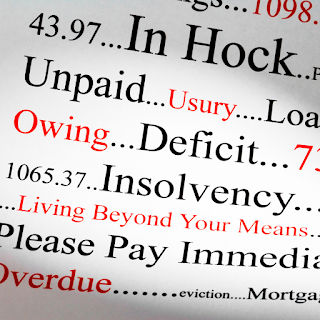I just learned of something new! A friend of mine who has been needing some extra income has joined the ranks of the sharing economy. No, she is not renting out her house on Airbnb. She is not driving for Uber. She has joined a peer-to-peer car rental company.
I wasn't sure what that was, so of course I did a little research. And what I discovered has me concerned that even though she seems to be making some pretty decent money, the risk don't outweigh the benefits.
What exactly is peer-to-peer car sharing? It's pretty simple. When she isn't using her card, she rents it out to strangers. There are several sites you can use for this. She has listed her car on Turo. But I found a few other sites as well such as Getaround and HyreCar, She lists her car on the site, much like you might list your house on Airbnb with pictures and all the details. She gets to set her own price. Once someone rents her car, she simply meets them, gives them her keys, and then picks up her car at the end of the rental period. Sounds like an easy way to make a few bucks, right?
Right now my friend says she is making around $500 a month renting out her car. I have not asked for proof of that claim. But Getaround says that owners can make as much as $10,000 a year by renting out their cars. Not bad for little to no work!
The companies say that they screen every renter and they can't sign up if they've had a major accident. And they do have insurance to cover their car owners. And this may be fine for someone who is renting out their Kia (nothing against Kia. Just a comment on their affordability). But I'd be a little hesitant to rent out my top-of-the line brand new Jeep Gladiator. If someone totaled my vehicle, I'm not sure some third-party insurance company would pay me it's true value. Unless my own insurance policy covers the driver in this case...which it doesn't. I asked. I could be stuck with some very expensive problems.
So far, my friend has been lucky. No damage to her car. She says she talked to other renters who told her to make sure she got to know the people renting her car before she gave it to them. I'm not sure how that would be possible. But she is a pretty good judge of character, so maybe. And she says she always inspects the car with the renters before and after each trip, noting any damage. Much like a regular car rental company does. Plus she always asks the renters where they are going...just in case.
So what do you think? Would you rent your car to a total stranger? It seems to be working well for my friend. But as much as I like easy ways to earn some extra income, I think I'll sit this one out.
Do you have any experience with peer-to-peer car sharing? Let us know in the comments.






